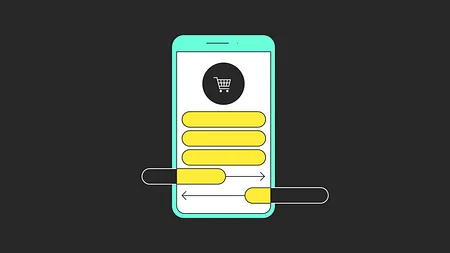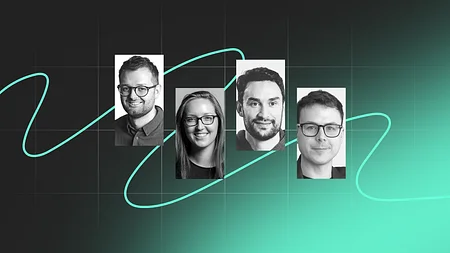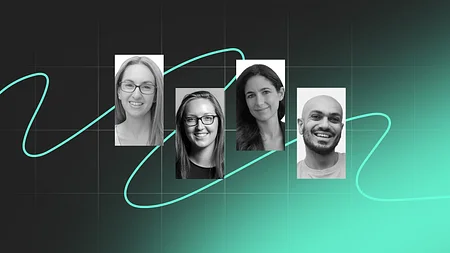Fintech Insider News: Peter the Leopard
It’s been a wild week for fintech news as conference season kicks off with Philip Hammond’s speech at the IFTC including robots taking over regulations and bridges to other continents.
Picking apart the week on the Fintech Insider News show alongside hosts Ross Gallagher and Simon Taylor are Helene Panzarino, Managing Director at Rainmaking Colab, Monty Munford, journalist and found of agency Mob76, and Ryan Garner.
Listen here for the episode in full, stream it below or read on for extra insights.
Hammond’s Bridge to a Robot World
We headed up the show with the story of the week, Philip Hammond’s strategy for fintechs. In a keynote speech to the industry at HM Treasury’s second International FinTech Conference. Establishing closer links to the Australian government via a fintech bridge is a key point of the Chancellor’s strategy. The UK and Australia’s central banks, regulators, and treasury departments will work together on policy and help with trade missions. Fintech bridges will help both nations figure out how to help companies establish themselves in both countries.Maybe instead of regulation with numbers we need regulation by numbers. - Ross GallagherA cryptoassets taskforce was also announced, formed by the Bank of England, FCA and the Treasury. Its goal is to examine the subject in a disciplined way. Monty notes that the USA are ahead of the curve on this one, with a Senate testimony on cryptocurrencies filled with mature debate on both sides. Robo-regulation was another high point. It’s set to help fintech firms in the financial services industry comply with regulations by building software that would automatically ensure they follow the rules. They might help more than just fintechs with the slew of regulations that have come down on the industry since 2008.
Challenger’s are the new Disruption
Speaking to issues around financial exclusion, Pockit Loqbox has launched a scheme to help the UK’s unbanked improve their credit score. The scheme is tackling a well known problem. A recent Experian report released data that 4 million people in the UK have a thin file credit report. Ryan notes that without the ability to increase their credit score those people have only been able to access credit products with extortionate rates. It all plays in to the reality that the poorest are most hard hit by traditional banking products. Simon points out that financial products don’t need to be nice for the sake of it, from a brand perspective it encourages loyalty and increases net promoter score. Being nice is good for long term business and alternatives like Pockit and fintechs could start eating into business. OakNorth has become the first UK fintech to report annual profits. It’s the first Digital UK challenger bank to report an annual profit, with a pre-tax gain of £10.6m. After its second full year of operations the challenger bank has a net interest income of £24.9m in 2017. Up from £7.2m the previous year. OakNorth tripled its loan book over the period, to £851.5m and customer deposits more than doubled to £491m. Big banks have long considered fintechs to be at the fringe of the industry, Google and Facebook are a more concerning problem. But with fintechs attaining profitable margins and solving problems that may be a mistake. SME’s are a wholly underserved sector and fintechs are now creating SME services. But the worry is, SME owners are busy people, they won’t necessarily have the time to compare and contrast all the different services they’re now being offered. Why now? Probably because the low hanging fruit of consumer banking was picked in 2013 and with open banking coming into force, SME focused products coincide well with more personal banking.Connect 6? Or is that 2?
Customers rarely buy what companies think they sell - Peter DruckerYolt boasts an integrated API connection to six major banks: RBS, Natwest, Ulster, Lloyds, Halifax, and Bank of Scotland. But four of the six are essentially the same bank. Yolt’s delivering a meaningful PFM app, which is a super broad concept and the PFM services industry is set for a great deal of change this year. Open banking is going to see an increase of these sorts of services and what people actually want help with is likely going to be revealed across the second half of this year. Consumer expectations tend to shift upwards rapidly and do customers even want these services? Peter Drucker famously said ‘Customers rarely buy what companies think they sell.’ so it’s unlikely that PFM services will remain in their current form for long. By the end of the year the products will look very different as they adapt to customer engagement and adjust to their analytics.


